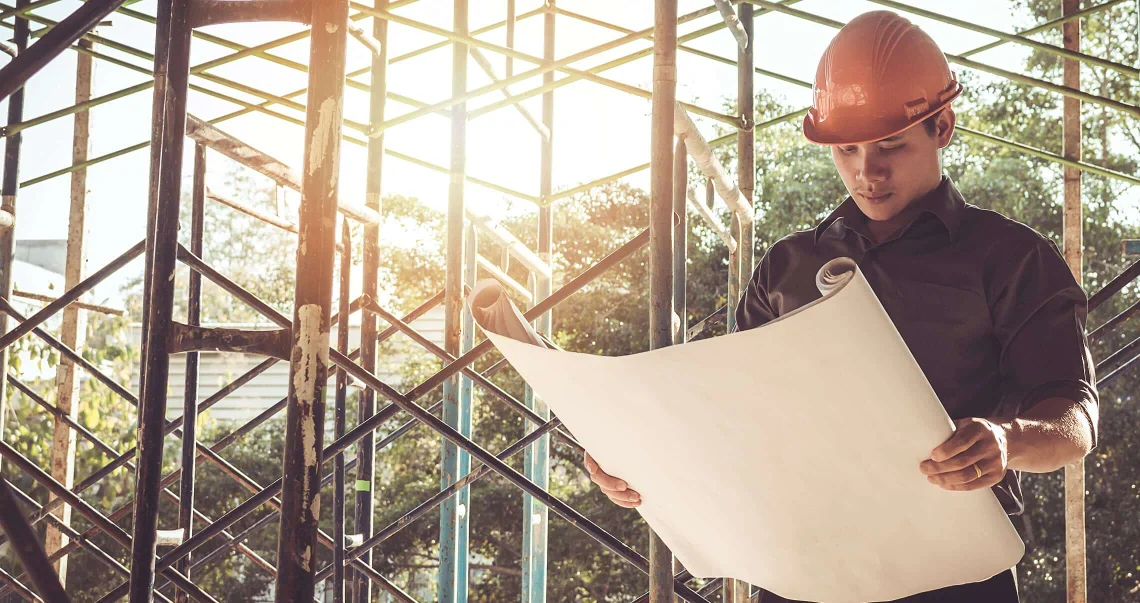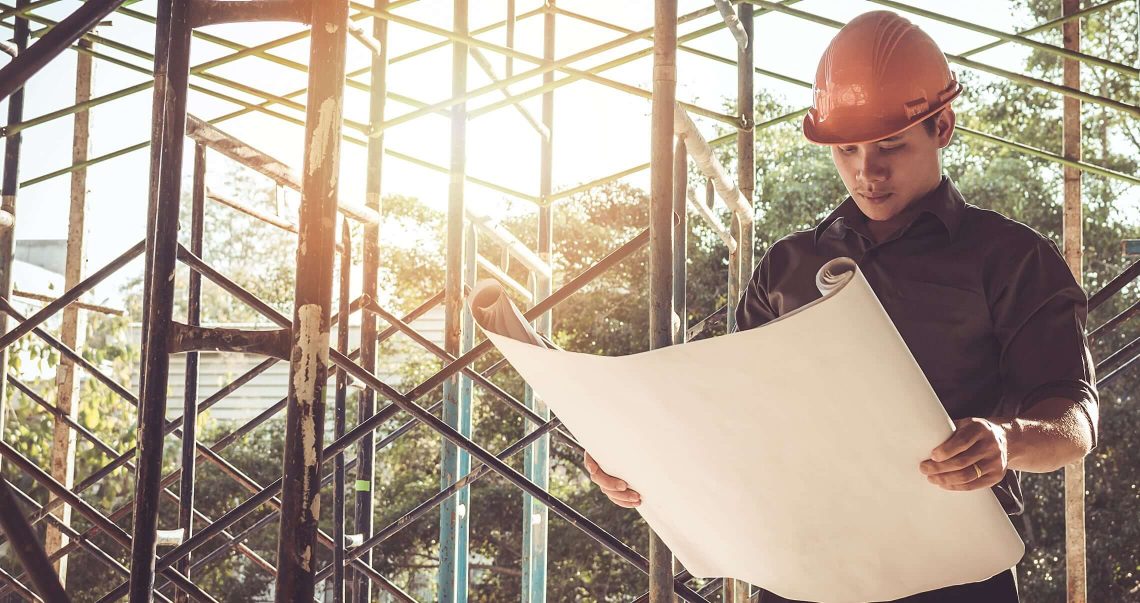Building versus buying property: What property managers should know
As a real estate investor or property manager weighing your next move, one of the key decisions you'll need to make is whether your future investment will be building versus buying property.

Buying an existing property is the more traditional play, and it often can lead to a faster return. Meanwhile, building new property gives you more control and potentially higher long-term profits, but there are usually extra risks. To help you with this decision, here's a closer look at the pros and cons of each approach.
Advantages of buying existing property
Buying an existing property is much faster and simpler than building your own. After all, you skip the time, work and stress involved in having a house built from the ground up. Instead, you take something over that you can quickly, if not immediately, begin renting to generate positive cash flow.
Getting financing for existing property is also easier because the lender knows a building already exists for collateral. With new construction, there's the risk that the project may fall through. Further, the previous owner may have invested in building upgrades, such as landscaping, utilities and appliances, so there's less you need to set up before renting.
Disadvantages of buying
Although buying existing property as an investor is easier and less expensive at first, it can lead to more issues down the road. Seeing as you're buying a building that's been around for years, possibly decades, it's likely there's been significant wear and tear. That means you'll need to make more frequent repairs for your tenants and on the building itself.
There could also be more serious structural issues, requiring substantial renovations. Although you'd pay for a professional inspection before the purchase, it's still possible to overlook major problems that you only discover several years later, forcing you to invest more money and possibly delay collecting rent. If things get bad enough, you may need to tear it down and build a new property anyway.
There's also more competition for buying property, because it's more popular with real estate investors. Landing a quality property can be challenging in tight markets, and you could find yourself stuck in bidding wars, reducing your profit margin. Lastly, buying property means you just don't have the same control over what you get for your investment. You can make renovations, but the overall structure was planned by someone else.
Advantages of building new property
On the other hand, building a new property can also have many advantages. First, you have more flexibility over where you set up your property. Because fewer investors are willing to spend time and money on new construction, you have more choices in possible locations. You can pick which area to build, versus being restricted to the existing properties currently for sale. This also gives you the freedom to build what you what: the style, amenities and size (subject to building codes).
Investing in new construction now also avoids problems later. Seeing as the building and all the appliances will be new, you won't have to deal with as many repairs and issues in those early years. This can be an extra selling point to potential tenants. You could also design your building with the latest energy-efficient upgrades to further reduce your long-term costs.
Disadvantages of building
The upfront costs are usually higher with having a house built. Not only do you need to pay for the land, but you also need to pay for all the new construction. The construction itself will take months, if not years. That's time you aren't collecting rent to offset your investment costs.
There's also extra risk in building new. The developer will quote you a timeline and price, but delays and cost overruns are a definite possibility. Borrowing money can be more challenging as lenders know there are extra risks. What's more, your future rental market is unknown, especially if you're launching in a new development and area. You don't have previous buying and rental data to see how popular your site will be and what prices you can charge.
Still, once you make it past these initial hurdles and get your new building off the ground, you could end up in a much stronger position than if you'd bought existing real estate. Ultimately, there's no right choice between building versus buying property—it really depends on your financial goals and risk tolerance.
As you consider your options, it may be useful to talk with a business banker experienced with real estate lending. They can help you understand the key details so you can choose between building or buying property.





